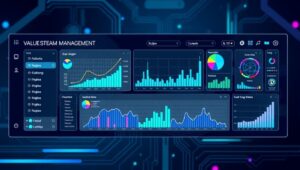May 20, 2025
The Role of Observability in Modern Software Systems (2025)
In the rapidly evolving landscape of software development, observability has emerged as a critical discipline. It’s no longer sufficient to simply monitor systems; modern software demands a deeper understanding of their internal states and behaviors. This article explores the vital role of observability in modern software systems, examining its key components, benefits, and practical applications. What is Observability? Observability goes beyond traditional monitoring by providing insights into a system’s internal workings based on its external outputs. It’s about understanding why a system behaves in a certain way, not just that it is behaving in a certain way. Key components of








